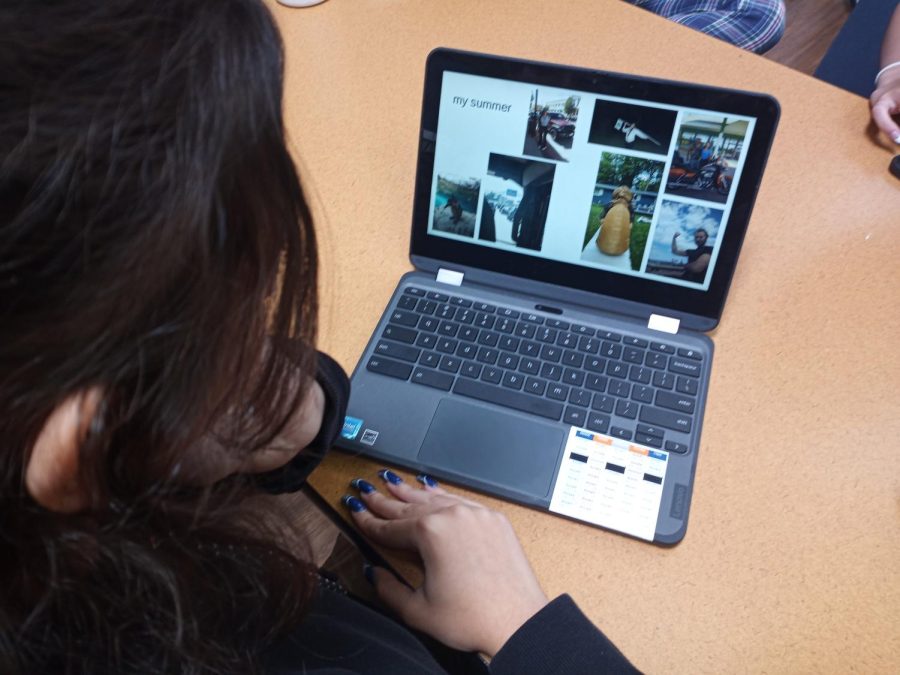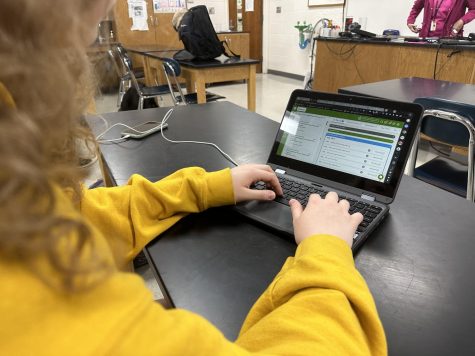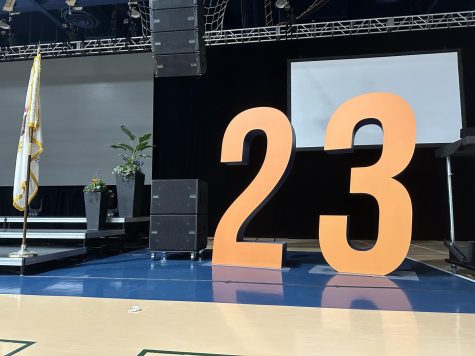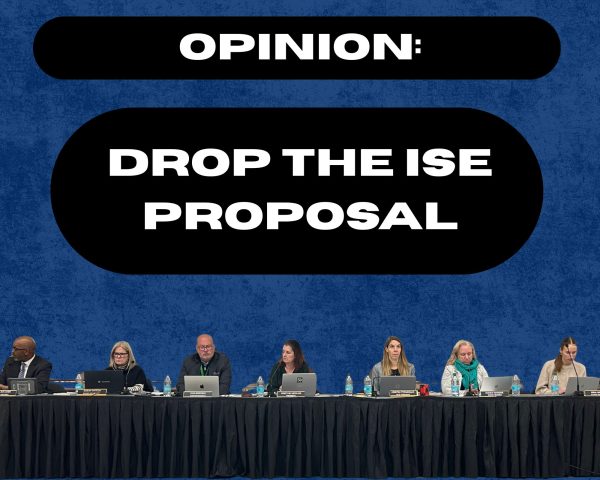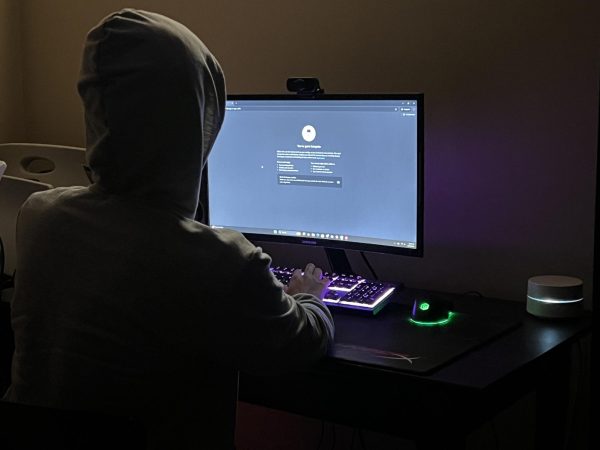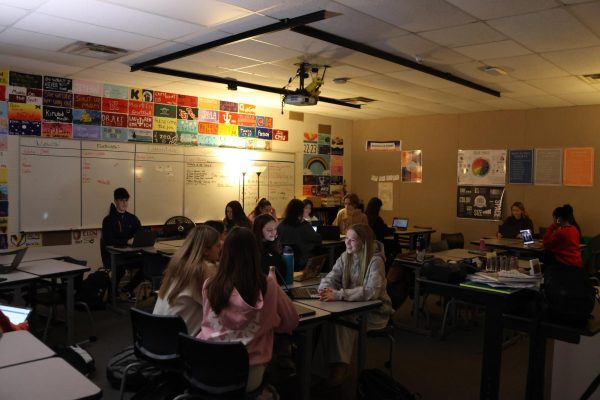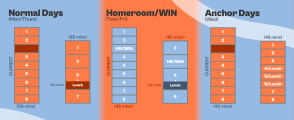Opinion: Teachers should rethink their beginning of school activities
Photo by Bella Nordman
August: the end of summer. All too soon, the first week of school is upon us; and with it comes the dreaded introductory period.
In my 3 years of high school, every first few days of classes students visibly melt at the word ‘icebreaker.’ The meaning and intent behind these activities are clear: teachers want their students to feel comfortable with their peers, as well as in a new classroom environment. Naperville North High School Social Studies Teacher Ryan Dengel explains why he values icebreaker activities in his classes.
“In a class like comparative religions and sociology, we’re talking about somewhat controversial topics. So it’s really important to build some kind of sense of community because you’re not going to necessarily talk about faith. Or like in sociology, we start talking about issues of race or something else pretty serious. You need to know the people that are in the room.” Dengel said.
With more group-based classes such as the ones Dengel teaches, it is understandable to want to get to know your classmates and lessen the sense of initial awkwardness. However, a more effective alternative to these traditional activities could be putting students in small groups, allowing them to talk amongst themselves and get to know three or four other students at a time. Over time, seating charts change and students move around to meet more of their classmates. Teenagers will inevitably become more comfortable with people on their own time. If a teacher wants certain students to get along, it’s easier for them to do it on their own rather than be forced into it. NNHS senior Ash Kim shares her take on traditional icebreakers.
“The idea of icebreakers is scary, especially to introverts. But it’s only beneficial if it’s not too boring and uncomfortable,” Kim said.
The more personal the introductory activities are and the less you have to share within them, the less awkward the experience. Teens will open up more when they aren’t required to share with classmates, rather, they benefit more when they are eased into this connectivity. Kim elaborates on why individual icebreakers are much easier for students.
“For marketing, we did a sheet where we filled out a playlist of our favorite songs. It was better than normal icebreakers that are really awkward and ask generic questions so it was good,” Kim said.
While I appreciate the intention of icebreakers, they are rarely enjoyed or valued by students. If teachers want to help students acclimate at the start of the year, they could begin by adhering to teens’ suggestions and how they react to certain activities.
After the pandemic and online schooling, students had to relearn what it was like to be in a classroom. Along with this, the advancement of technology makes it even harder for teachers to fully grasp students’ attention. Still, for the school years to come, it is important to think about today’s teens and how the world has evolved with methods of communication.
“I do think starting simple and talking about silly stuff can eventually get people to open up a little bit more to have a serious conversation,” Dengel said.

Bella Nordman is experiencing mixed emotions about her senior year. She for sure feels splendiferous about taking on the position of Special Projects and...

